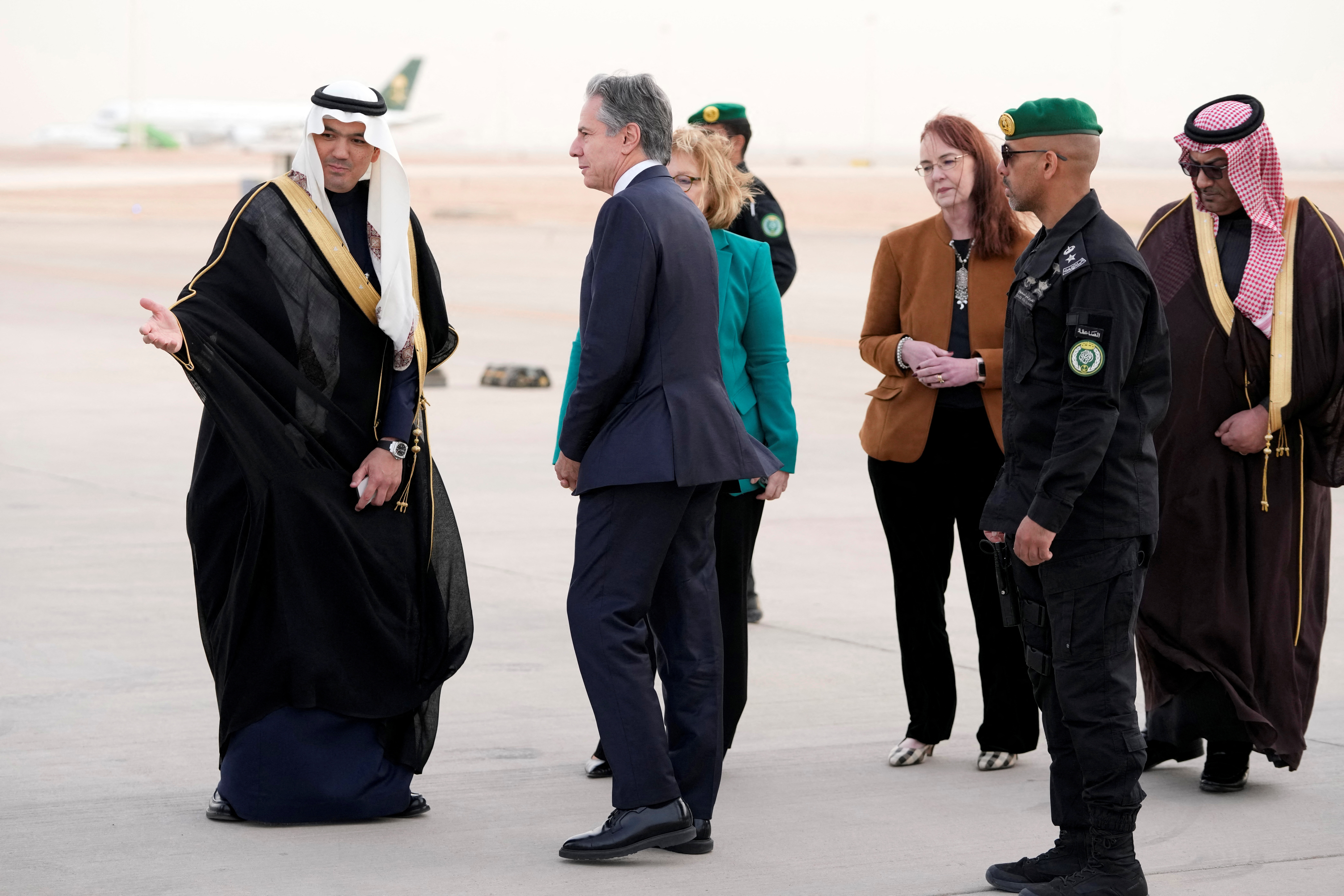
Israel has consistently identified Iran as its primary regional threat, citing Tehran’s nuclear ambitions and its support for militant groups such as Hezbollah and Hamas. The possibility of Iran developing nuclear weapons remains a significant point of contention. Netanyahu has reiterated that Israel will not allow Iran to acquire such capabilities, a stance that has kept the prospect of military action on the table.
In recent months, Israel has been conducting airstrikes targeting Iranian assets in Syria, with the goal of curbing Iran's military influence in the region. These strikes have intensified, leading to speculation that Israel might be laying the groundwork for a broader confrontation. Israel’s military officials have indicated that these operations are essential to maintaining the nation’s security, but they also acknowledge the risks of sparking a wider conflict.
On the other side, Iran has not remained passive. The country has continued to enhance its military capabilities, including the development of ballistic missiles and drones, some of which have been used in proxy conflicts across the Middle East. Iran’s leadership has warned Israel against further aggression, threatening retaliation that could destabilize the region.
The international community, particularly the United States, has been closely monitoring these developments. While Washington has traditionally backed Israel’s right to defend itself, there are concerns that an open conflict with Iran could have far-reaching consequences. The potential for such a conflict to draw in other regional players and disrupt global oil supplies is a significant worry for many nations.
The situation remains volatile, with both Israel and Iran displaying a mix of readiness and caution. Netanyahu's administration is under pressure domestically to act decisively against what is perceived as an existential threat. However, the unpredictable nature of war and the high stakes involved make it uncertain whether Israel will choose to escalate the conflict further.
As tensions continue to rise, the region is on edge, with diplomatic efforts still focused on preventing a full-scale war that could have catastrophic implications not only for Israel and Iran but for the entire Middle East.
Topics
Politics
